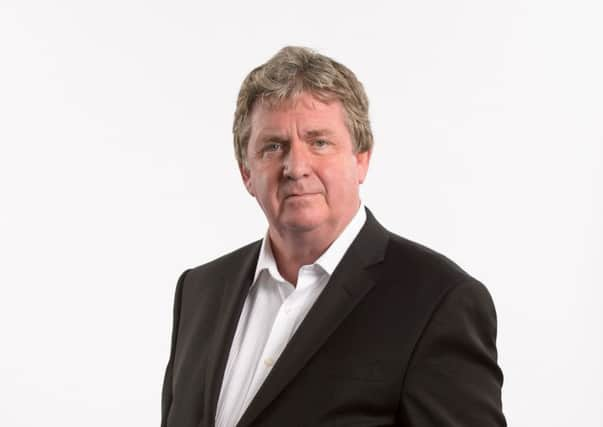Comment: Good, bad but not too much ugly in Budget


Cue much gnashing of teeth, and not just restricted to the food and leisure sectors, although they will be in the frontline given the high proportion of their costbase given over to labour costs.
It was the same with the banking industry. Osborne gave the good news first, the sharp reduction in the hated banking levy over the next six years.
Advertisement
Hide AdAdvertisement
Hide AdHe introduced it in 2010 to ensure the banking sector was being held publicly accountable for rebuilding the public finances after the crash, and the banks would have been pleased that the endgame of shame was in sight.
But the brick in the velvet glove was a new 8 per cent surcharge on banks’ UK profits from next year. Ouch. Due to the lack of detail it is not even known whether the banks will actually be worse off in the short term, with the surcharge kicking in overnight on 1 January 2016 but the levy taking the more scenic route to history.
Then there is the blunt instrument of the new apprentice levy. Little wonder that the CBI called it a “double-edged Budget for business”. Even so, despite the two main hand grenades into the sector, business shouldn’t have too much to complain about.
The further cuts in corporation tax were unexpected after the significant cuts in recent times, making Britain one of the most competitive business tax regimes among the advanced nations.
Osborne has also not watered down his restoration of the public finances, which is absolutely key as far as the business world is concerned to encourage investment.
And there was also some good stuff in there about rebuilding Britain’s road infrastructure, another subject dear to the heart of business. On balance, it was reasonably positive.
Interesting times ahead
THE brutal ejection of Antony Jenkins from the helm at Barclays looks to have been the classic palace coup. The non-executives got together, led by deputy chairman and senior independent director Sir Michael Rake, and basically decided the boss was a decent chap with some sound ideas, but was not pushing operational change through fast enough.
Having a new chairman at Barclays since April in the form of that robust managing-change specialist John McFarlane, formerly of the Aviva insurance parish, will not have exactly dulled the blade.
Advertisement
Hide AdAdvertisement
Hide AdIn his first comments on the need for change at the bank, McFarlane makes clear he thinks Barclays needs to make money and cut costs.
Jenkins arrived in the wake of former investment banker Bob Diamond’s enforced exit as chief executive in 2012 on an “ethical” ticket, as the bank was still under the shadow of its involvement in the rigging of Libor and the forex market.
But the board obviously believes that, while Jenkins might have had some success in fostering cultural change at the group, the capital performance and resulting shareholder returns had been relatively pedestrian seven years after the financial crash.
In banking, the only way is never just ethics. Given McFarlane’s shake-up at Avia while chairman, which also involved the axeing of a chief executive, and much streamlined operations, my guess is that Barclays staff are in for some interesting times.